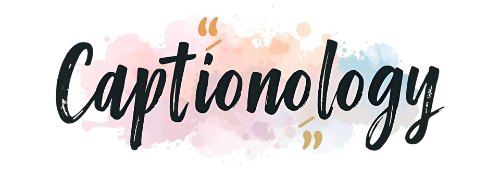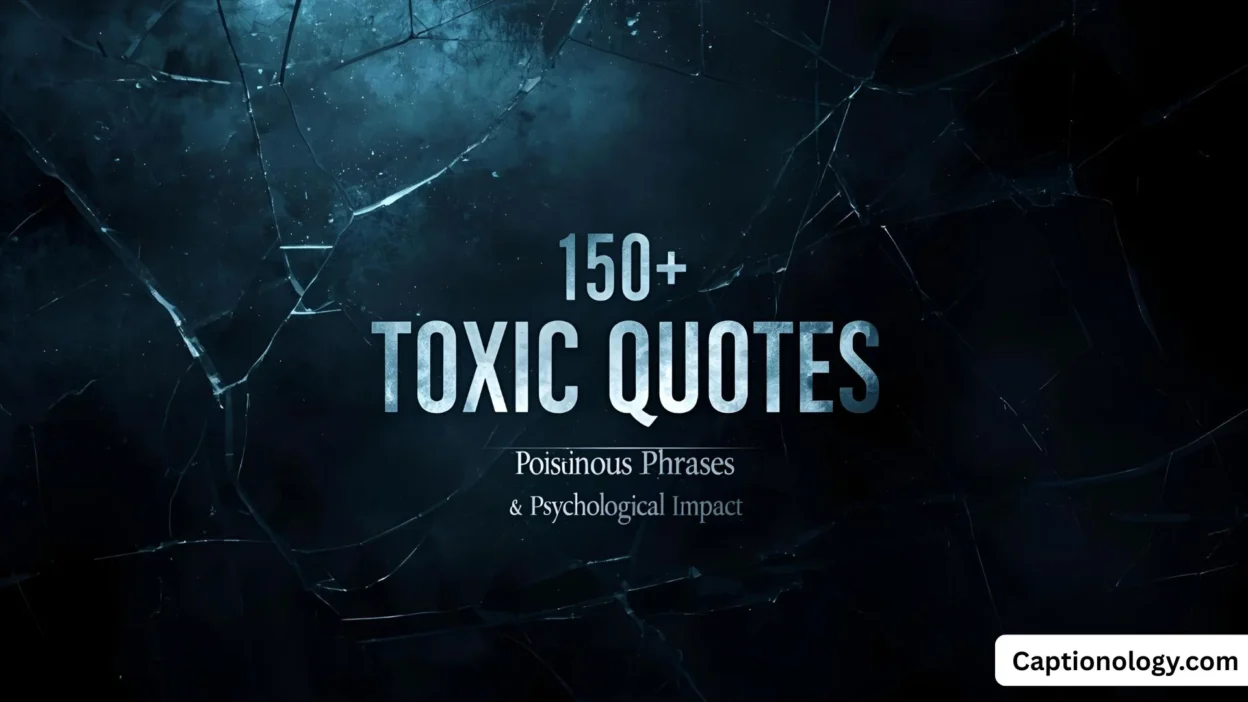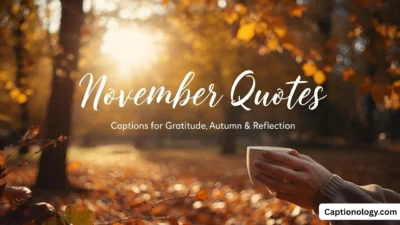Toxic quotes represent more than just hurtful words—they’re verbal manifestations of manipulation, insecurity, and emotional violence that can leave lasting psychological scars. These poisonous phrases often disguise themselves as jokes, “honesty,” or “constructive criticism” while systematically eroding self-esteem and mental well-being. This comprehensive examination of harmful sayings explores the dark language of toxic relationships, helping you identify red flags in communication while understanding the psychological mechanisms behind these destructive patterns. Whether you’re seeking to recognize toxic behavior in your relationships, recover from verbal abuse, or simply understand how language can weaponize emotions, this guide provides crucial insights into the anatomy of toxic communication and pathways to healthier interpersonal dynamics.
Manipulative Toxic Quotes 🎭
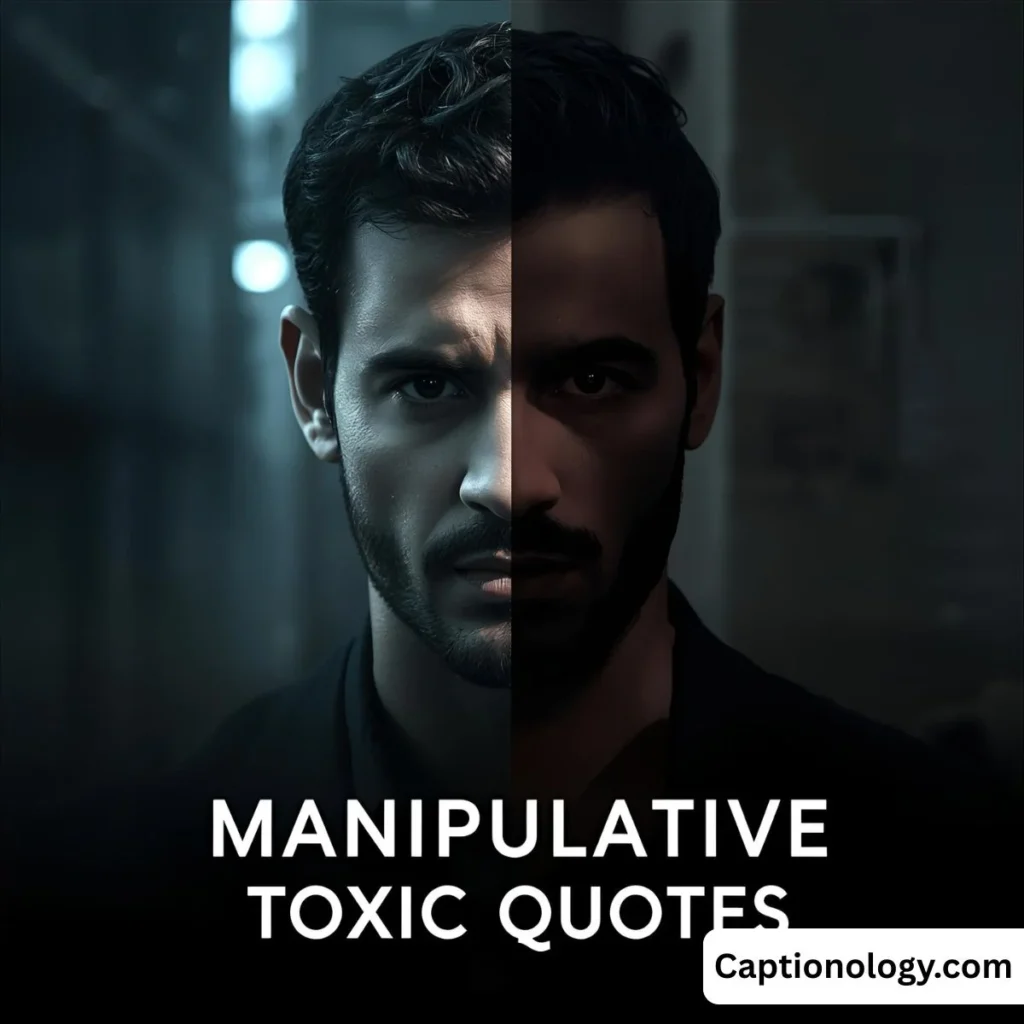
- “If you really loved me, you would…” – The conditional love trap that creates endless hoops to jump through
- “You’re too sensitive” – Dismissing valid emotions to avoid accountability for hurtful behavior
- “I was just joking—can’t you take a joke?” – Using humor as cover for genuine criticism or cruelty
- “No one else will ever love you like I do” – Isolating victims by suggesting they’re unlovable to others
- “After everything I’ve done for you…” – The guilt trip that turns past kindness into current currency
- “You’re lucky I put up with you” – Positioning themselves as martyrs while diminishing your worth
- “If you leave me, I’ll kill myself” – Ultimate emotional blackmail that traps through fear and obligation
- “You’re imagining things” – Gaslighting that makes you question your own perception of reality
- “I’m the only one who tells you the truth” – Positioning themselves as your only reliable source of information
- “You made me do this” – Shifting responsibility for their actions onto your behavior
Egotistical Toxic Quotes 👑
- “I never said that” – Denying reality even when evidence exists, creating cognitive dissonance
- “You’re too needy” – Pathologizing normal emotional needs and desires for connection
- “I’m the best thing that ever happened to you” – Grandiose statements that establish power imbalance
- “Nobody understands me like you do” – Love-bombing that creates false sense of special connection
- “You’ll never find anyone better than me” – Inflating self-worth while diminishing yours
- “I don’t remember that happening” – Selective memory that avoids accountability for past actions
- “You’re just jealous of me” – Deflecting criticism by framing it as envy rather than valid concern
- “I’m too complex for most people to understand” – Creating intellectual hierarchy and superiority
- “Look what you made me do” – Blame-shifting that holds others responsible for their reactions
- “I’m not like other people” – Special snowflake syndrome that justifies exceptional treatment
Passive-Aggressive Toxic Quotes 😶
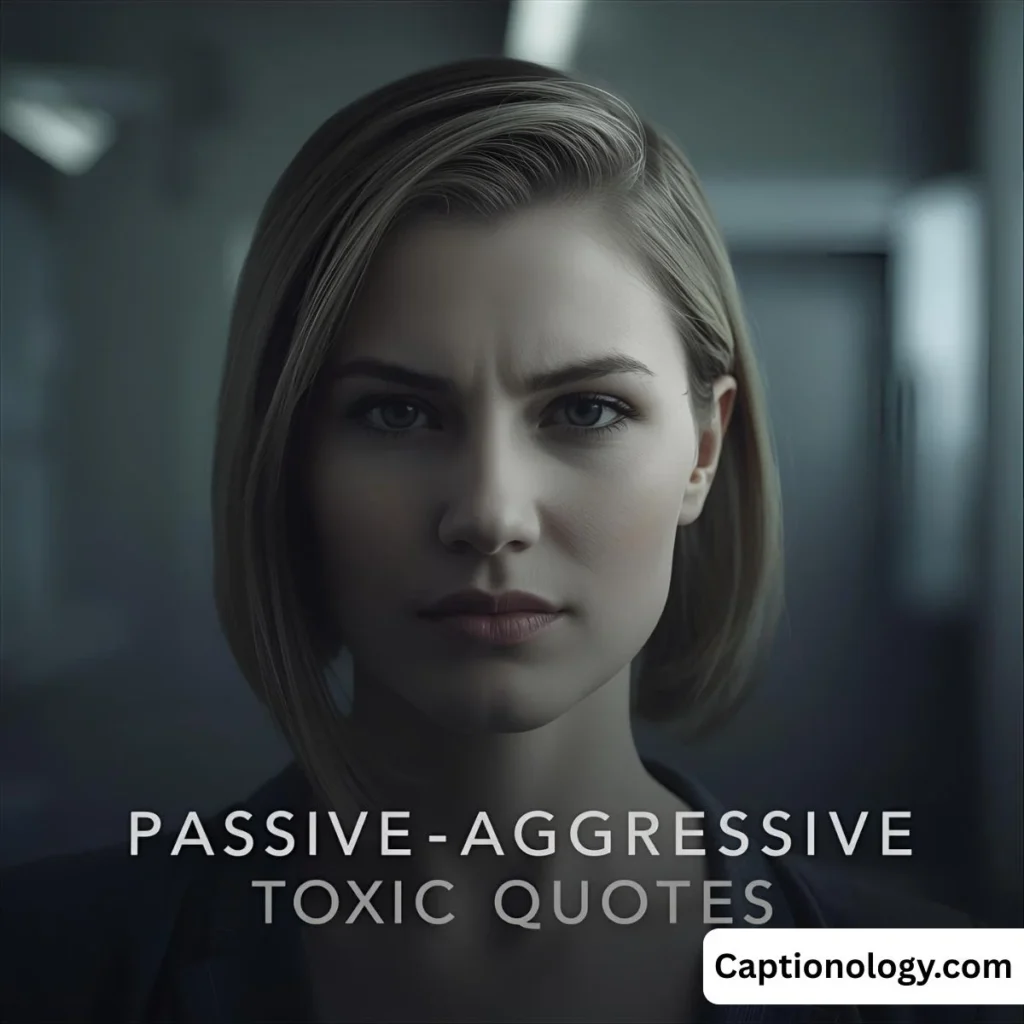
- “Fine, whatever you want” – Agreement that clearly communicates disagreement and resentment
- “I’m not mad” – While clearly displaying anger through tone, body language, and behavior
- “I was just being honest” – Using “truth” as weapon while avoiding compassionate delivery
- “You’re so lucky you don’t care what people think” – Backhanded compliment about social awareness
- “I guess I’ll just do it myself since no one helps me” – Martyr complex with unexpressed expectations
- “Don’t worry about me” – Creating worry by pretending not to need care or attention
- “I’m sure you’re too busy for me” – Guilt-tripping about legitimate time commitments
- “It’s not a big deal” – Minimizing your concerns while making it clear it actually is a big deal
- “Do whatever makes you happy” – Implying your happiness comes at their expense
- “I don’t want to bother you” – Positioning themselves as burden while actually creating obligation
Gaslighting Toxic Quotes 🔦
- “That never happened—you have such a vivid imagination” – Direct reality denial that undermines memory
- “You’re remembering it wrong” – Challenging your recall of events to create self-doubt
- “I was just testing you” – Reframing manipulative behavior as some sort of character assessment
- “You’re too emotional to think clearly” – Invalidating perspectives by attributing them to emotional state
- “Everyone agrees with me” – Creating false consensus to isolate and undermine your position
- “You’re overreacting” – Minimizing your response to their provocative behavior
- “I don’t know why you’re making such a big deal about this” – Deflecting from significant issues
- “You’re too sensitive—I was just being honest” – Weaponizing honesty against emotional boundaries
- “That’s not what I meant—you’re twisting my words” – Avoiding accountability for clear communication
Controlling Toxic Quotes 🎮
- “I need to know where you are at all times” – Framing control as concern or care
- “You shouldn’t wear that” – Dictating personal choices under guise of protection or preference
- “I don’t like your friends” – Isolating from support systems by criticizing relationships
- “You spend too much time on your hobbies” – Diminishing personal passions and autonomy
- “Let me check your messages—if you have nothing to hide” – Invasion of privacy framed as trust issue
- “You don’t need to work—I’ll take care of you” – Creating financial dependence under romantic guise
- “I decide what’s best for us” – Removing agency from decision-making processes
- “You’re not going out dressed like that” – Controlling appearance and social participation
- “I cancelled your plans—we’re spending time together” – Prioritizing their needs over your commitments
- “You should ask me before making plans” – Establishing permission-based relationship dynamics
Jealous and Possessive Toxic Quotes 💚
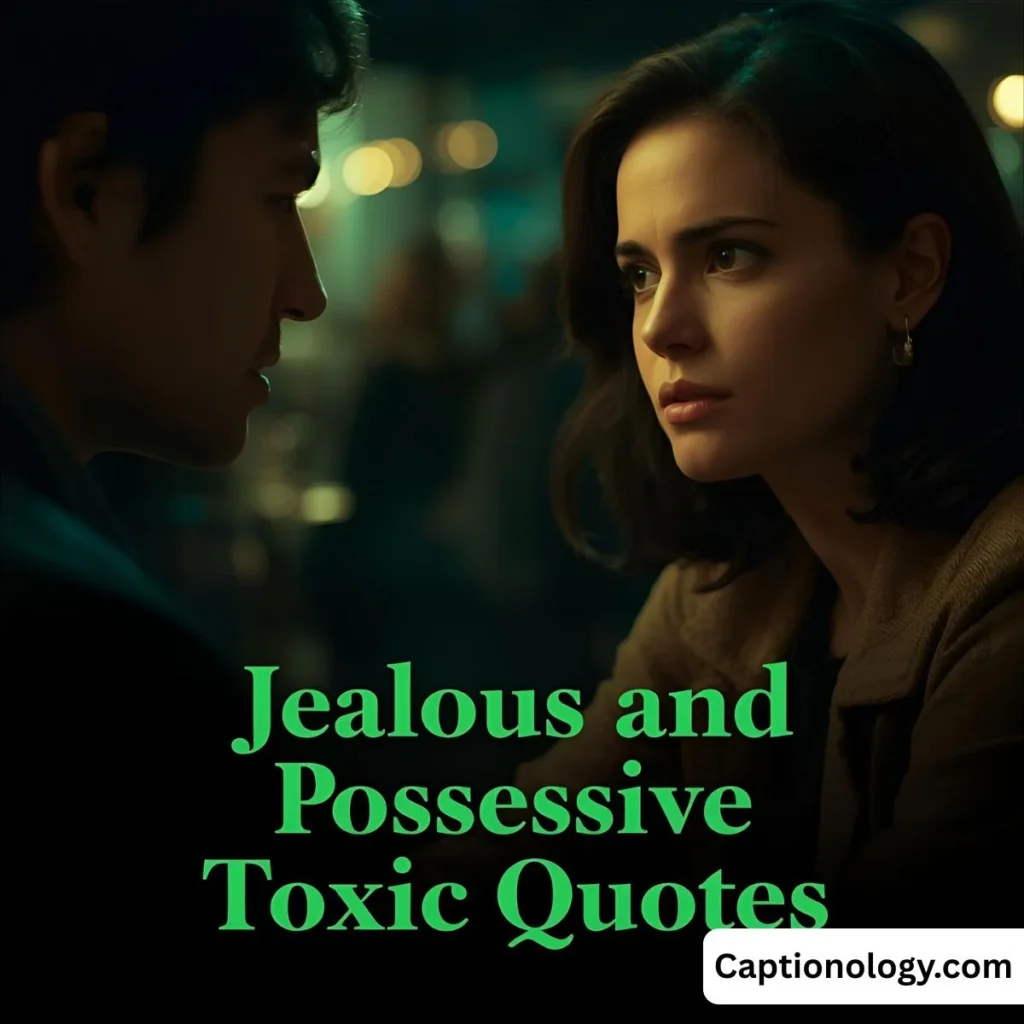
- “Why were you talking to him/her?” – Interrogating normal social interactions
- “You belong to me” – Framing relationship as ownership rather than partnership
- “I get jealous because I love you so much” – Romanticizing unhealthy possessive behaviors
- “If you really loved me, you wouldn’t look at other people” – Impossible standards of exclusive attention
- “Who were you texting?” – Demanding accountability for ordinary communications
- “You’re mine and I don’t like sharing” – Objectifying language that denies autonomy
- “I saw how they looked at you” – Projecting insecurity onto innocent interactions
- “You must have given them the wrong idea” – Blaming you for others’ behavior or perceptions
- “I don’t want you hanging out with them” – Isolating from perceived threats or competition
- “You’re too friendly—people will get the wrong idea” – Criticizing normal social behavior
Invalidation Toxic Quotes 🚫
- “You’re too dramatic” – Dismissing genuine emotional responses as performance
- “It’s not that big of a deal” – Minimizing experiences that are significant to you
- “Other people have it worse” – Creating guilt for having feelings about your own experiences
- “You’re overthinking things” – Invalidating thoughtful consideration and analysis
- “Just get over it already” – Impatience with legitimate processing and healing time
- “You always make everything about you” – Shaming for expressing needs or experiences
- “I was just kidding—you have no sense of humor” – Deflecting hurtful comments as comedy
- “You’re being irrational” – Framing emotions as illogical rather than valid responses
- “That’s not what happened” – Contradicting your experience of events
- “You’re too emotional” – Pathologizing normal human emotional responses
Victim-Mentality Toxic Quotes 🎪
- “Everyone is always against me” – Externalizing responsibility for interpersonal challenges
- “Nothing ever works out for me” – Fatalistic thinking that avoids proactive problem-solving
- “You don’t understand how hard my life is” – Creating hierarchy of suffering that invalidates others
- “Why does this always happen to me?” – Pattern of seeing self as perpetual victim of circumstance
- “No one ever helps me” – Ignoring assistance while maintaining narrative of abandonment
- “I try so hard and nobody appreciates me” – Positioning effort as unrecognized martyrdom
- “The world is just unfair to people like me” – Systemic blame that avoids personal accountability
- “You have it so much easier than me” – Comparative suffering that dismisses others’ challenges
- “I can’t catch a break” – Passive approach to life’s inevitable difficulties
- “People always take advantage of me” – Narrative of exploitation that avoids boundary-setting
Backhanded Compliment Toxic Quotes 🎭

- “You look great—for your age” – Compliment that actually reinforces negative stereotypes
- “You’re actually pretty smart” – Surprise at expected competence
- “I love that you don’t care what people think” – Praising what might actually be social awareness
- “You’re much prettier when you smile” – Conditional valuation based on pleasing behavior
- “You clean up nicely” – Implying normal appearance is inadequate
- “For someone like you, that’s impressive” – Damning with faint praise through low expectations
- “You’re not like other [demographic]” – “Compliment” that actually reinforces stereotypes
- “You’re almost as good as [someone else]” – Comparative praise that still positions as second-best
- “You’re much better than you used to be” – Praising improvement while highlighting past deficiency
- “I wish I could be as confident as you—without your looks” – Complimenting confidence while attacking appearance
Toxic positivity quotes 🌈
- “Just think positive!” – Oversimplifying complex emotional experiences
- “Everything happens for a reason” – Invalidating genuine pain and trauma
- “It could be worse” – Minimizing current suffering through comparison
- “Just be grateful for what you have” – Shaming normal human dissatisfaction
- “Happiness is a choice” – Implying emotional struggles are personal failures
- “Just don’t think about it” – Suggesting avoidance as solution to real problems
- “Good vibes only!” – Creating environments where authentic emotions aren’t welcome
- “Everything will work out” – Empty reassurance that avoids addressing real issues
- “Look on the bright side” – Pressuring premature positivity before processing pain
- “What doesn’t kill you makes you stronger” – Glorifying suffering without acknowledging trauma
Workplace toxic quotes 💼
- “We’re like a family here” – Justifying overwork and blurred boundaries
- “If you can’t handle the heat, get out of the kitchen” – Toxic resilience expectations
- “That’s not my job” – Lack of teamwork and collective responsibility
- “I need it yesterday” – Unrealistic deadlines and pressure
- “You’re lucky to have a job” – Exploiting economic anxiety
- “We’ve always done it this way” – Resistance to improvement and innovation
- “I don’t want to hear excuses” – Dismissing legitimate obstacles and challenges
- “You should be grateful for the opportunity” – Undervaluing contributions and skills
- “Nobody is irreplaceable” – Threatening job security to ensure compliance
- “Leave your personal life at home” – Denying whole humanity of employees
Recovery and healing quotes 💖

- “I recognize these patterns and choose different responses” – Empowerment through awareness
- “My feelings are valid, even if others don’t understand them” – Emotional validation
- “I deserve relationships that build me up, not tear me down” – Self-worth affirmation
- “Setting boundaries is an act of self-love, not selfishness” – Permission for healthy limits
- “I release the need to prove my worth to anyone” – Internal validation focus
- “My peace is more important than drama” – Priority shift toward well-being
- “I am unlearning toxic patterns I inherited or learned” – Growth mindset
- “I choose relationships where apologies are followed by changed behavior” – Accountability standard
- “My intuition matters, even when others dismiss it” – Self-trust development
- “Healing isn’t linear, and I honor my process” – Compassion for recovery journey
Conclusion: Recognizing and Rejecting Toxic Language Patterns 🛡️
Toxic quotes serve as clear indicators of unhealthy relationship dynamics, providing valuable red flags for those learning to establish boundaries and protect their mental health. Understanding these poisonous phrases isn’t about memorizing every hurtful comment but rather developing sensitivity to the patterns and intentions behind certain types of communication. The journey away from harmful sayings and toward healthy communication requires both recognizing toxic language in others and examining our own speech patterns for potentially damaging elements. By identifying these verbal red flags, we empower ourselves to build relationships based on mutual respect, clear communication, and emotional safety—creating environments where language heals rather than harms, connects rather than divides, and builds up rather than tears down.

I am a content creator and caption writer specializing in crafting engaging, impactful, and on-trend social media captions. With a keen eye for modern expression and audience appeal, she helps readers find the perfect words to elevate their posts and connect authentically online.
